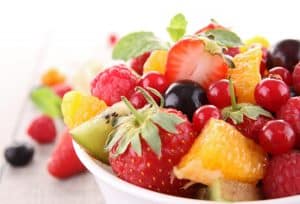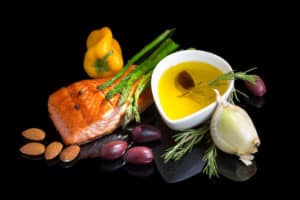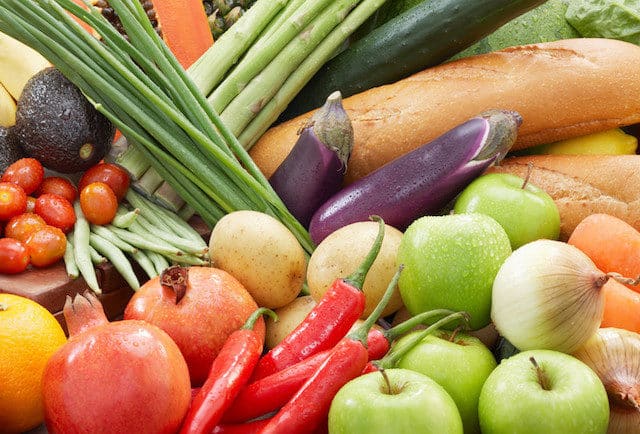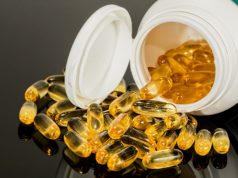No one wants to think about getting cancer, but if there’s a chance you could lower your risk, you may want to start. Studies have shown that the food we eat can play a huge role in our risk of developing cancer. So how much does what we eat really matter?
 According to a recent survey, people between ages 39 and 54 know that food plays some role in cancer prevention, but they don’t realize quite how much. In fact, the majority of participants believed that nutrition was more important for preventing diseases like diabetes than cancer.
According to a recent survey, people between ages 39 and 54 know that food plays some role in cancer prevention, but they don’t realize quite how much. In fact, the majority of participants believed that nutrition was more important for preventing diseases like diabetes than cancer.
The American Institute for Cancer Research (AICR) says that the nutrients in an anti-cancer diet is essential in helping to stave off the disease. They do not recommend individuals to get these nutrients from supplements as people do not absorb them easily. When we get what we need from food sources, our bodies soak it in.
So what kinds of food should you be eating?
 The anti-cancer nutrients really come from a plant-based diet, studies say. But according to Kris Sollid of the International Food Information Council, there isn’t actually a solid definition of a “plant-based diet.” Some people describe it as being one that includes a low amount of processed foods that come form plants only and a small amount of animal meat, eggs, and dairy. Others believe that a plant-based diet is entirely vegan, meaning it contains no animal products, including eggs and dairy.
The anti-cancer nutrients really come from a plant-based diet, studies say. But according to Kris Sollid of the International Food Information Council, there isn’t actually a solid definition of a “plant-based diet.” Some people describe it as being one that includes a low amount of processed foods that come form plants only and a small amount of animal meat, eggs, and dairy. Others believe that a plant-based diet is entirely vegan, meaning it contains no animal products, including eggs and dairy.
Sollid says “it doesn’t have to be all or nothing when it comes to our health or eating habits.” As it is, most adults don’t eat enough fruits end vegetables. So even if you’re going to stick with eating meat, adding in more plant-based options will go a long way.
The AICR recommends that nonstarchy vegetables, fruits, whole grains, and beans make up 2/3 of your plate. Eating five servings of fruits and vegetables, emphasizing brightly colored items, will give you a rich array of vitamins and minerals. Fruits and vegetables also contain phytochemicals which are known to help repair cell damage that could lead to cancer.
The other 1/3 of your plate can be made up of animal protein, but some are healthier than others. Lean meats like chicken or turkey breast are generally a better choice than fatty or red meats like beef, pork, and lamb. Making sure not to burn or char your meat is another way to reduce your cancer risk.
There are some foods you should avoid entirely on an anti-cancer diet. These include processed meats and foods, items with added sugar or salt, refined carbohydrates (white bread, white pasta, white rice), and alcohol. Many of these foods have been shown to increase your risk of developing certain cancers.
Although it seems that most adults know how important nutrition is, they may not realize that it could be the difference between life or death. Most people who are diagnosed with cancer are between the ages of 65 and 74, so whether you’re still in your 20’s, approaching middle age, or beyond this age group, it’s important to make healthier choices.


























